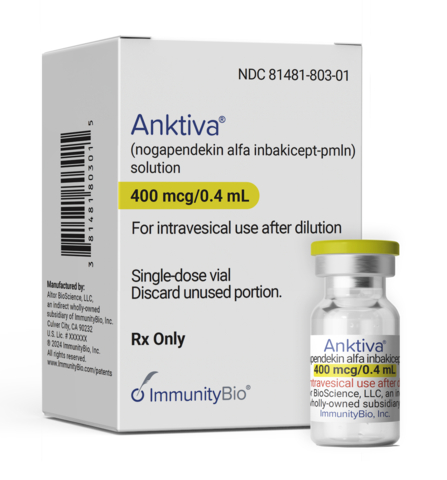Tesla Inc.’s CEO Elon Musk announced on Wednesday that the tech giant has become a manufacturing partner for German biopharmaceutical company CureVac, and will produce ‘molecular printers’ for a COVID-19 vaccine candidate that the company is presently developing.
CureVac is a clinical-stage biotech firm that specializes in the development of mRNA-based vaccines and therapeutics using its mRNA technology platform. The company’s mRNA vaccine candidate for COVID-19 is currently being evaluated in Phase I clinical trials after having demonstrated promising results in preclinical testing.
CureVac says that it is developing portable, automated mRNA production units that it calls ‘printers,’ and which Musk described as “RNA micro-factories.”
According to Reuters, these easy-to-use portable printers are being designed to be delivered to remote locations, where they can quickly make the vaccine or other mRNA-based therapies, depending on the recipe fed into the machine.
Nevertheless, if CureVac’s vaccine candidate gets market authorization, the company has its own production sites in Germany that have regulatory approval and the capacity to manufacture hundreds of millions of vaccine doses.
Related: Moderna’s COVID-19 Vaccine Fast-Tracked to Phase II Trials
Musk revealed in a Twitter thread on Wednesday night that the “micro-factories” would be built at its Tesla Grohmann Automation division in Germany.
Musk Venturing into the Biotech Space?
According to reports, Tesla Grohmann and CureVac have been working together for over a year to develop the mobile printer technology, with word that they jointly filed a patent application in 2019 called “Bioreactor for RNA In Vitro Transcription,” which describes an automated system for RNA manufacturing.
RNA is a single-stranded molecule that, although less stable than DNA, is relatively easy to produce through In Vitro transcription using a DNA template – this simple process does not require genetic modification of living cells, which is needed in the development of most other drugs.
However, the process can be labor-intensive and time-consuming. An improved RNA bioreactor may help reduce time and costs by allowing for repetitive use of DNA templates for several RNA production cycles, as well as yield RNA that has a higher purity profile.
Prior to the bioreactor patent, Musk launched the neurotechnology company ‘Neuralink’ in 2016 to develop ultra-high bandwidth implantable brain-machine interfaces to connect humans and computers – this indicates that the tech inventor may have a growing interest in the biotech space.
mRNA Vaccine Technology
CureVac’s mRNA technology involves injection of viral RNA particles into the body, which leads to the production of viral antigens that activate the body’s immune response to produce antibodies and T-cells against them. According to CureVac, for the SARS-Cov-2 virus that causes COVID-19, the mRNA molecule was programmed “with the information about one protein of the coronavirus and injected into the human body… In this way, we imitate the natural viral infection and activate the endogenous defense system.”
CureVac’s RNA optimizer platform was designed with the goal of optimizing the properties of mRNA medicines based on protein design, mRNA optimization and mRNA delivery. The company states that their technology can be tailored to elicit varying degrees of immune responses against specific antigens of choice, “potentially providing potent prophylactic vaccines for the prevention of infectious diseases… as well as immunotherapies for the treatment of cancer.”
There are a number of mRNA vaccines for COVID-19 currently being developed by different companies around the world, including Pfizer and Moderna, with Moderna currently experiencing a delay in a planned Phase III trial for its candidate COVID-19 vaccine.
While companies are racing to develop a vaccine for COVID-19, with accelerated and fast-tracked approvals being granted by regulatory agencies, it will be important that clinical testing of candidates not only be timely, but also robust, in order to effectively evaluate vaccine safety and efficacy.












Join or login to leave a comment
JOIN LOGIN